You are here :
- EUTOPIA website
- Home
- About us
- Information
- Members
Babeș-Bolyai University, Cluj-Napoca (Romania)
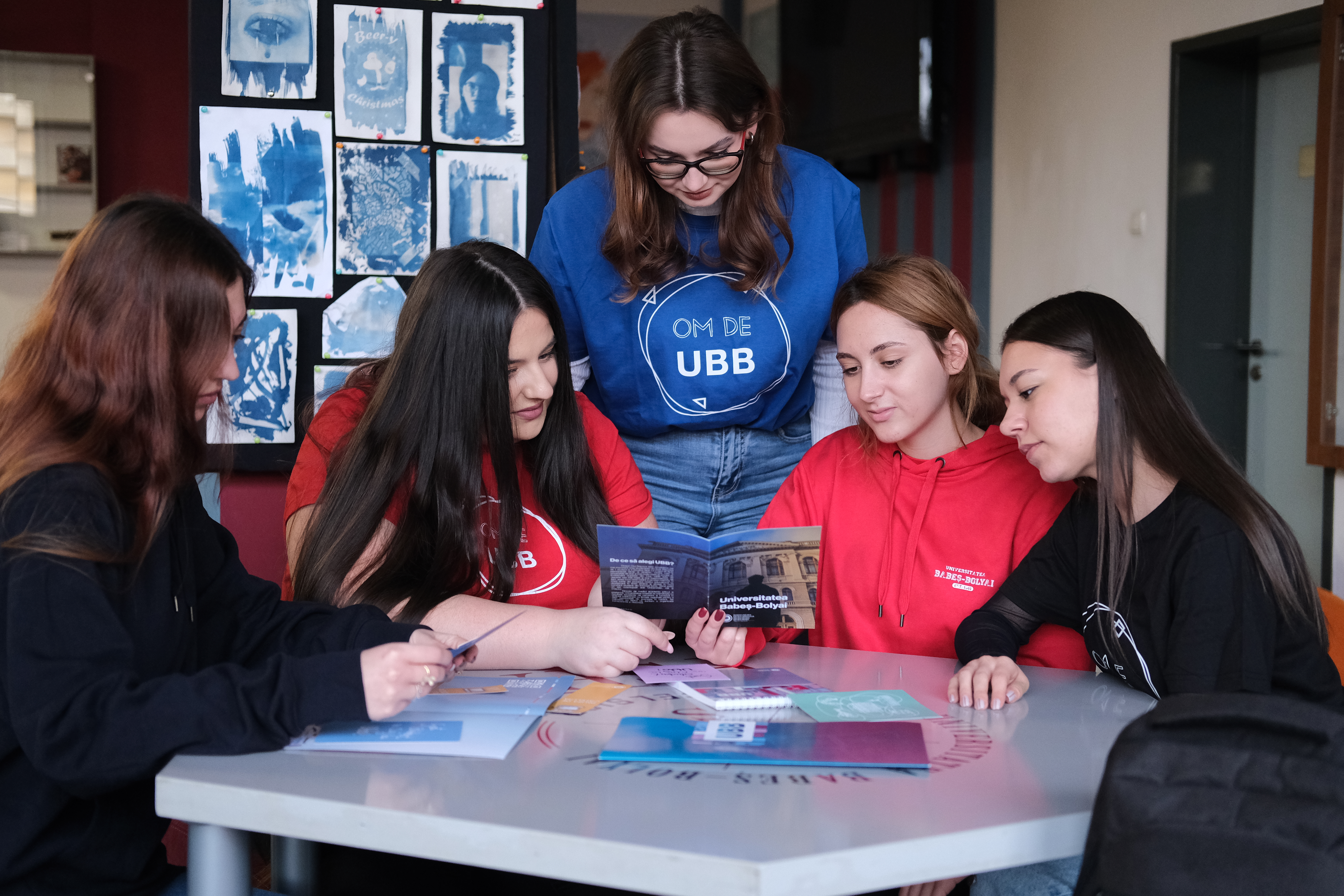
Background
Babes-Bolyai University (UBB) is the largest public university in Romania, located in Cluj-Napoca, with a history spanning over 400 years. It consistently appears in international university rankings, particularly in Eastern Europe. As the oldest higher education institution in the country, UBB is renowned for its quality education, emphasis on research, and sustained academic performance, encapsulated in its motto, "Traditio et Excellentia."
The university traces its origins back to 1581 when it was established as a Jesuit college with Latin as the medium of instruction. Over the centuries, it has undergone various name changes and transformations, ultimately adopting the name Babes-Bolyai University in 1959 to honour Romanian bacteriologist Victor Babeș and Hungarian mathematician János Bolyai.
UBB distinguishes itself from other universities in Romania and Eastern Europe through its multicultural ethos which has been a hallmark of the institution for at least a century. By the late 19th century, its student body included individuals from all nationalities in Transylvania (Hungarian, Romanian, German, Hebrew, Armenian, etc.) and all major religious denominations (Protestant, Catholic, Orthodox, Greek Catholic, Jewish).
Women have been allowed to enrol at the University of Cluj since 1895. Between 1872 and 1918, over 40,000 students attended the Hungarian University of Cluj, with 12,000 graduating with diplomas.
Current Numbers of UBB
Babes-Bolyai University continues to prove its multicultural character even today, with three official languages—Romanian, Hungarian, and German—and one of the most complex theological offerings in the world (e.g., Greek Orthodox, Greek-Catholic, Roman-Catholic, and Reformed). In addition to the academic courses offered in 17 different languages, UBB hosts 24 cultural centres, foreign institutes, and libraries. Some of these have been established by foreign entities, such as governments and embassies, and are hosted by UBB. Others have been opened due to successful partnerships between UBB and foreign higher education institutions supported by embassies in Romania. The university holds:
- an academic community of about 50,000 people
- 148 Undergraduate Programs in Romanian, 70 in Hungarian, 10 in German, and 27 fully in other languages
- 31,854 Undergraduate Students, including 990 international
- 8,532 Master's students, including 290 international students, in 239 Master's Programs
- 25 Doctoral Schools providing all courses in English
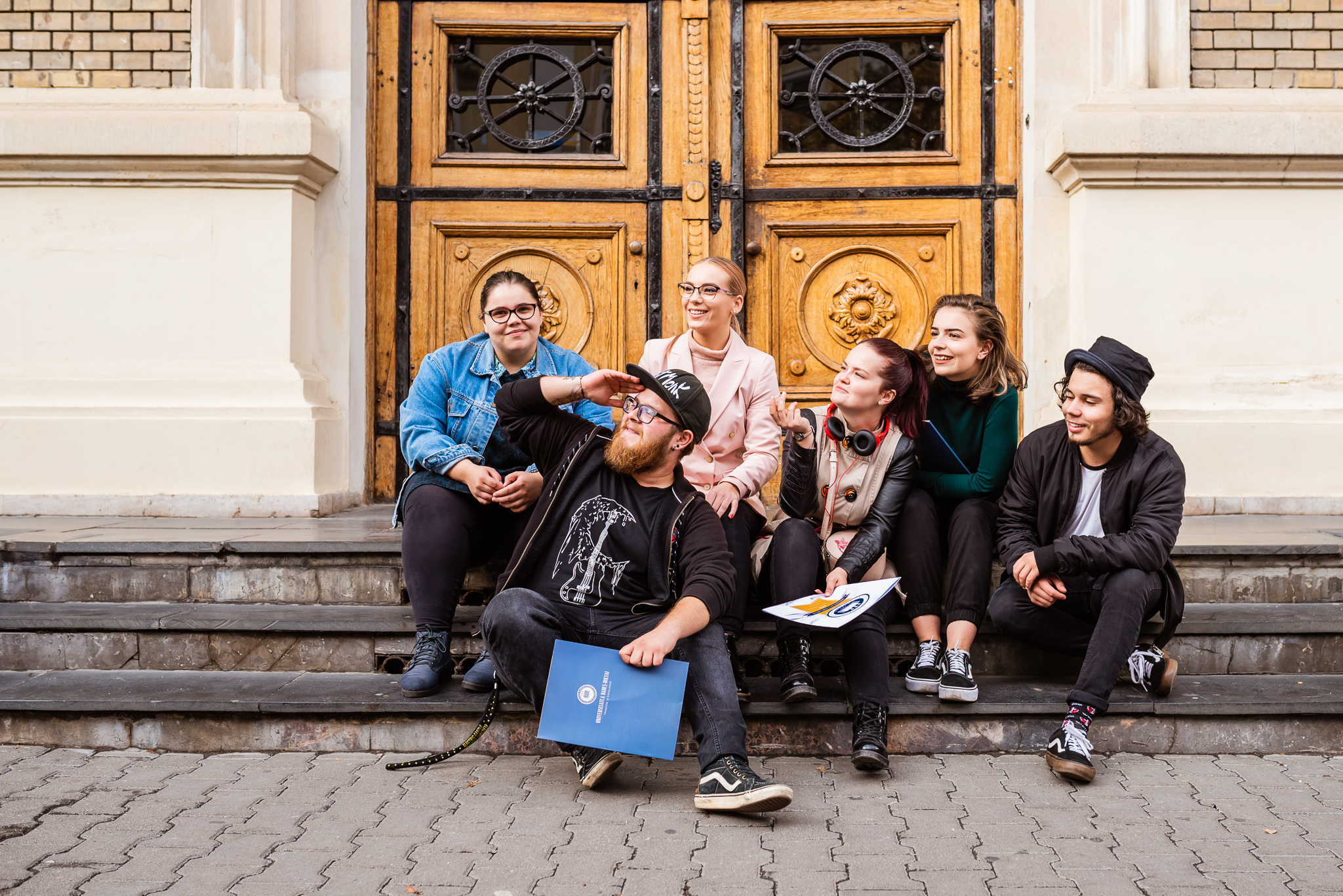
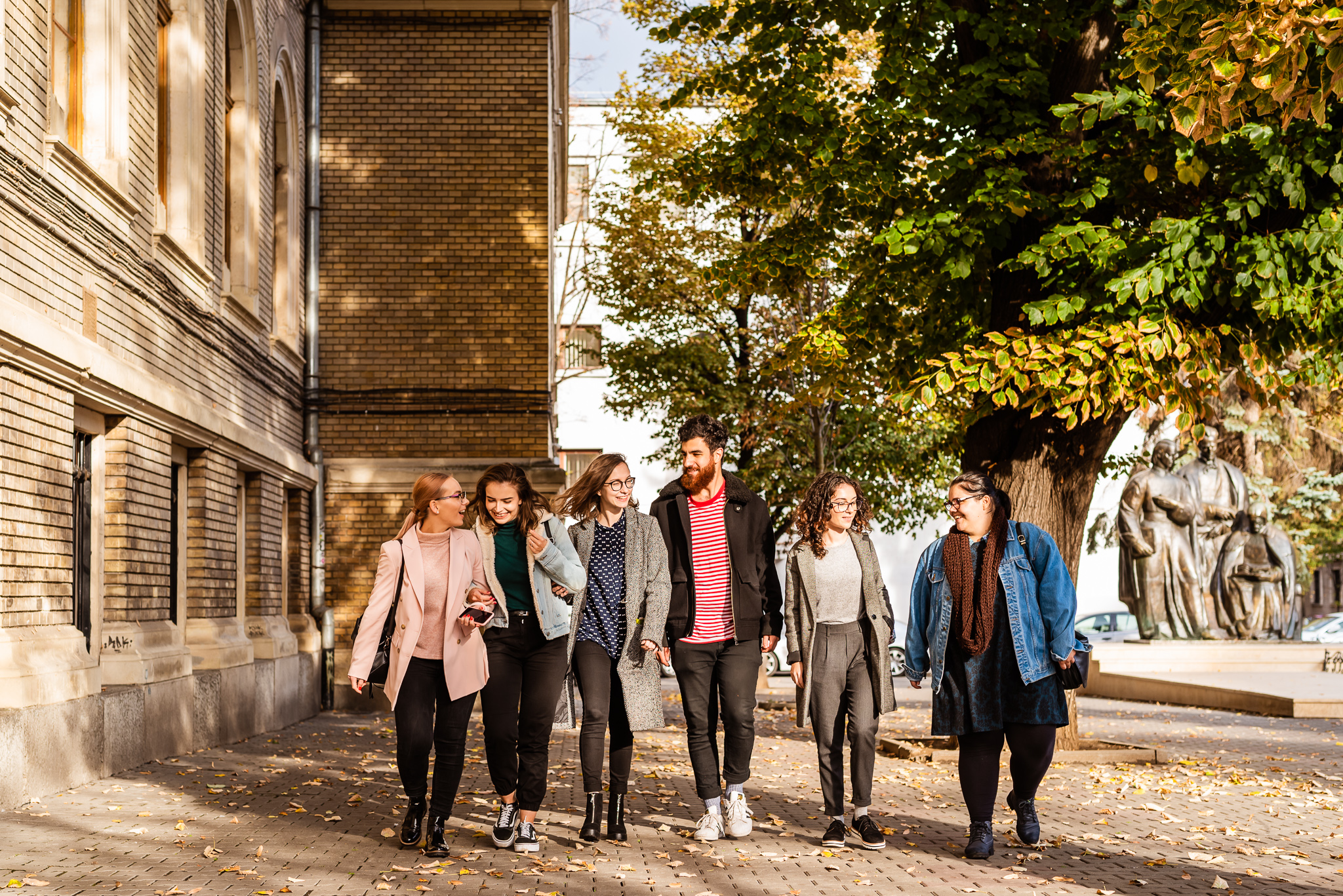
Our Campuses and Institutional Assets
Babeș-Bolyai University has multiple campuses, providing extensive resources for education and research. The central campus is the university’s hub, hosting most faculties and university facilities, including administrative buildings, lecture halls, and libraries.
UBB also owns facilities outside the city, including a research station in Sighetu Marmației. These campuses have modern lecture halls, well-equipped laboratories, and extensive libraries to support students’ and faculty’s educational and research needs. Constantly adapting its offer to social dynamics, Babeș-Bolyai University also provides:
- 13 academic extensions in other regional centres of Romania
- A Psychology University Clinic
- 61 Research units accredited at the university level
- A Botanical Garden
- An Astronomical Observatory
- 2 Dendrological Parks
- Botanical, Zoological, Paleontological, and Mineral collections/museums with unique items
- 4 Research Centers for student practice and activities (i.e., Arcalia, Baru Mare, Beliș, Grădiștea de Sus)
- The most modern university sports complex in Romania and a swimming complex
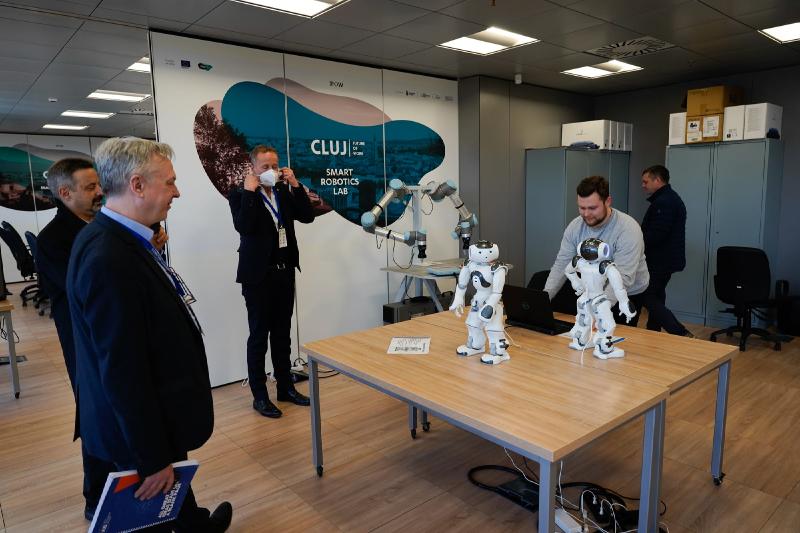
Core Values and International Recognition
UBB is a comprehensive university of advanced research and education, aiming to achieve outstanding performance in science and prepare all academic community members for contemporary society and the future. Respecting the modern university trinity—education, research, and community services—UBB’s mission is to generate and transfer knowledge. Babes-Bolyai University also incorporates and promotes some core values, such as freedom of thought and expression, pursuit and promotion of truth, competence, professionalism, excellence, integrity, equity, social responsibility, respect for diversity and intercultural cooperation.
“Babeș-Bolyai University is a great example of what we want to achieve in Europe: a cooperation between people, cultures and languages, regardless of their origin and confessions”.
In 2010, Angela Merkel was awarded the title of Doctor Honoris Causa by UBB
UBB has made numerous significant contributions nationally and internationally throughout its long history. These include producing high-quality publications and famous scientists and driving innovations and products that benefit society. Many UBB professors and alumni, such as presidents, prime ministers, ministers, and CEOs, have held prominent leadership roles globally.
Additionally, UBB has a strong presence in sports and the arts, with its members earning Olympic medals, world championships, and significant awards at prestigious film festivals and the Academy Awards. The university’s academic prestige has also attracted distinguished international figures, including emperors, kings, presidents, and religious leaders, as adjunct professors or honorary members.
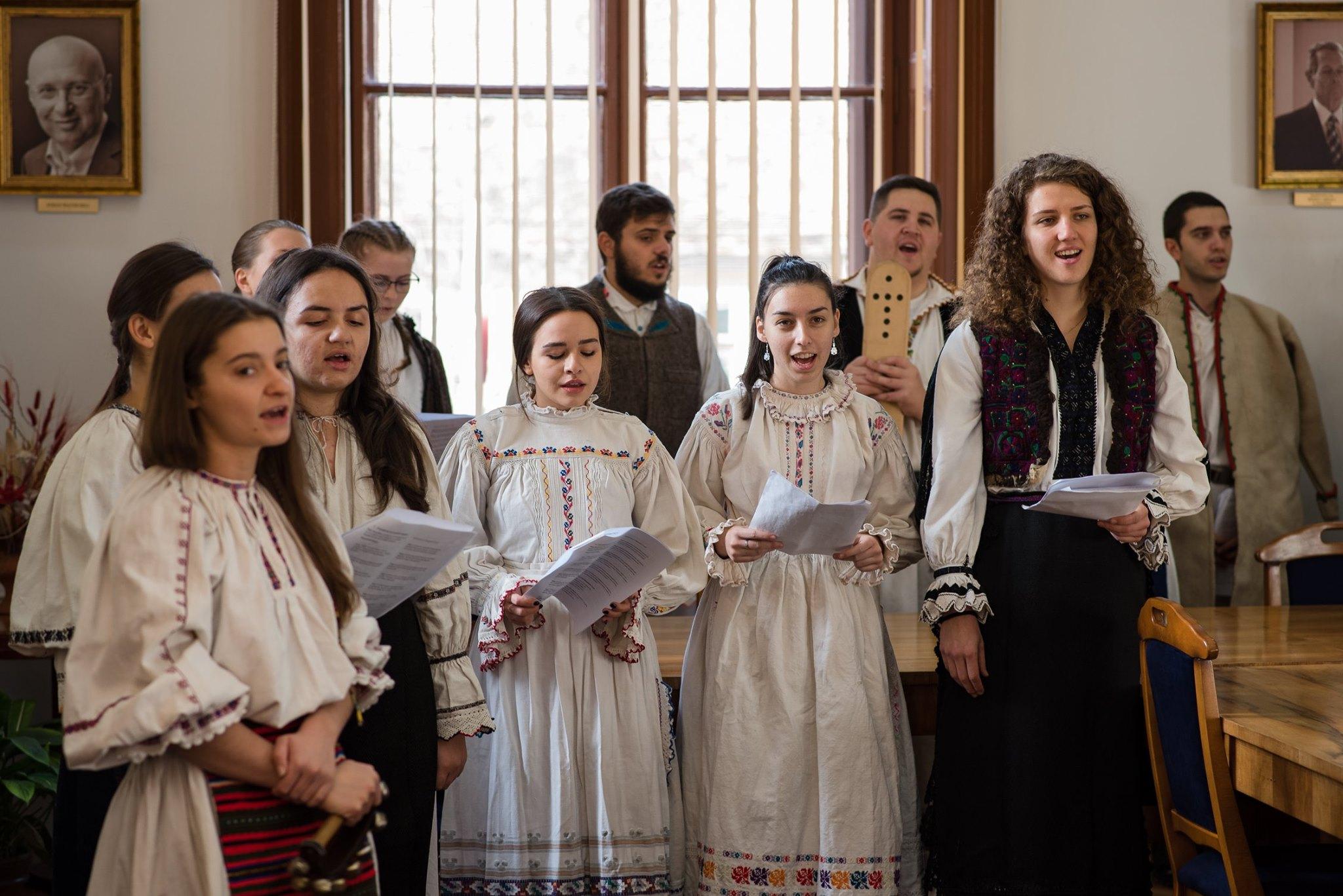
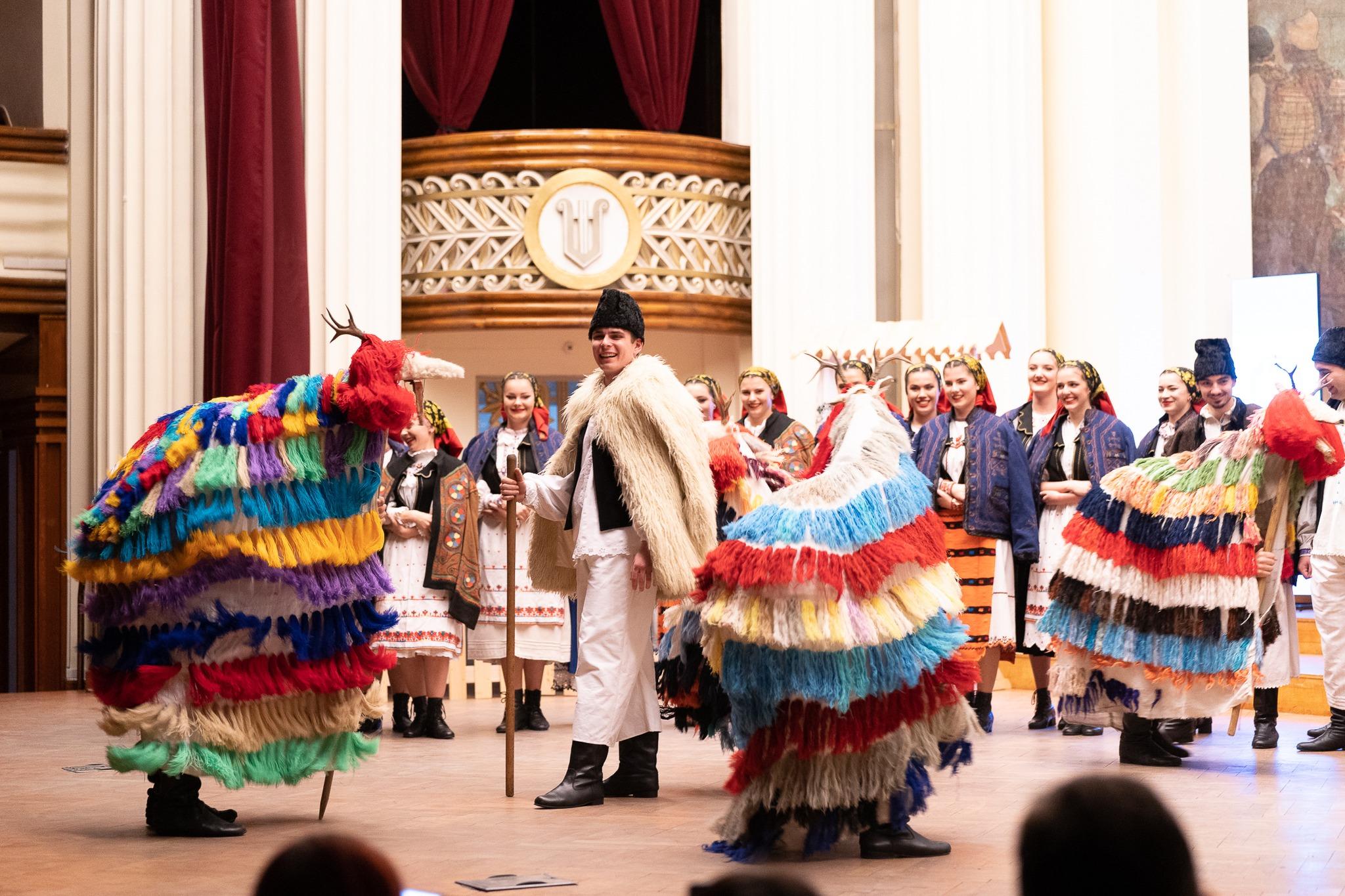
International Projects and Partnerships
Babeș-Bolyai University is a noteworthy participant in several international projects and partnerships, reinforcing its status as a leading academic institution. UBB is part of the EUTOPIA Alliance, which fosters collaboration between prestigious European universities. Additionally, UBB is involved in various EU-funded projects to enhance research, education, and innovation.
The university has also secured a substantial €35 million loan from the European Investment Bank (EIB) to support campus development, focusing on research facilities and academic infrastructure. This investment is expected to support UBB’s InfoBioNano4Health Platform, which integrates computer science, life sciences, biotechnologies, and nanotechnologies to address health and environmental challenges.
Additionally, UBB collaborates with over 210 universities across 50 countries, fostering a global academic community. The university is actively involved in the Erasmus+ program, facilitating student and staff exchanges. It is part of the Guild of Research-Intensive Universities, the Agence Universitaire de la Francophonie, the SGroup—Universities in Europe, and others. These affiliations and partnerships underline UBB’s commitment to international collaboration and excellence in higher education and research.


